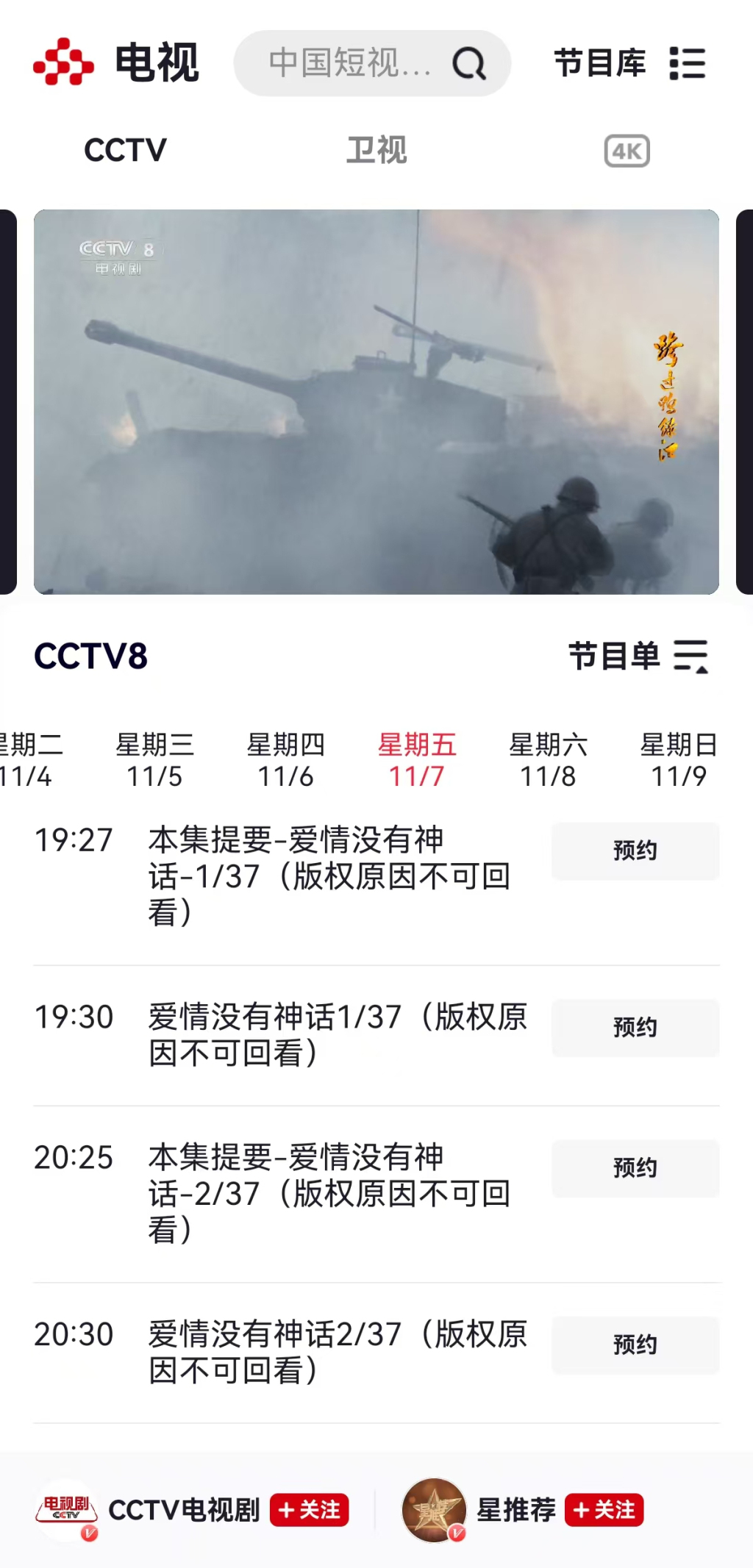
Note: This article contains serious spoilers
Director Shen Ao, who created the hit movie "All or Nothing" last summer, directed the TV series "New Life" for the first time, which also involves the theme of fraud and became a hit again. Director Shen Ao has figured out his formula for hits, as he said in an interview, "It needs more information, faster pace, more complex plots and characters" and "human nature is the eternal underlying logic."
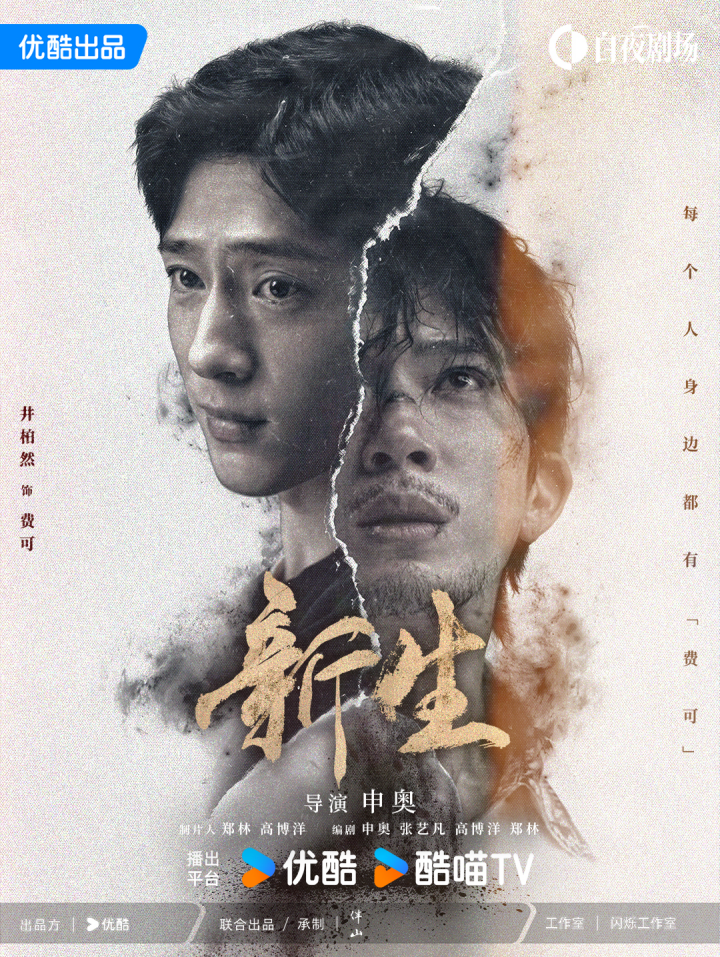
Poster of "New Life"
The series only has 10 episodes, with 7 episodes updated in the first week, which roughly meets the formula of the Olympic bid. In the second week, one episode was updated a day, and the audience was looking forward to the ending, but also always worried - because suspense dramas are too likely to end badly in the last episode. After the distinguished SVIP members watched the ending six hours in advance, their worries finally died. "New Life" still ended badly.
"New Life" is adapted from "Feike's Dinner Party" by female online novelist Luo Jia. This suspense novel has only more than 60,000 words and is currently only published online. Although it is simple, it is very ingenious in structure. The author has integrated three very classic and dark creative themes - "Ripley", "Rashomon" and "Mephisto" in a self-consistent way, revealing the darkness of human nature in a shocking way.
The series begins with the protagonist Fei Ke (Jing Boran)'s memorial service. Five people who were close to Fei Ke during his lifetime are invited to attend, including four people who have been deceived by Fei Ke - mining boss Chen Shufa (Wang Yanhui), financial executive Cheng Hao (Huang Jue), medical company's financial director Su Qian (Peng Yang), and medical beauty agency account manager Zhang Xuan (Zhang Yifan). Female reporter He Shan (Zhou Yiran, she is called "He Shan" in the novel) is Fei Ke's high school classmate and a witness to Fei Ke's experience. She is also invited to attend.

Fei Ke (played by Jing Boran)
At the memorial service, everyone was asked to tell their story with Fei Ke. The four deceived people had one thing in common: they were innocent, kind, and harmless, and Fei Ke, who had no conscience and no bottom line, deceived them miserably.
Chen Shufa said that Fei Ke created a false identity as a "second-generation official" to deceive his daughter's feelings and swindled him out of 40 million yuan. After getting the money, he disappeared, which eventually led to his daughter's suicide.

Chen Shufa (played by Wang Yanhui)
Cheng Hao said that he helped Fei Ke out of kindness and even let Fei Ke live in his home. However, Fei Ke used his identity as a financial practitioner to conduct illegal insider trading and disappeared after embezzling 20 million yuan.

Cheng Hao (played by Huang Jue)
Su Qian said that she met Fei Ke on an online dating app, and Fei Ke used sugar-coated bullets to deceive her into falling in love with her, and cheated her out of the three million yuan she earned from selling her house and the ten million yuan he embezzled from the company's public funds.

Su Qian (played by Peng Yang)
Zhang Xuan said that she was Fei Ke’s first love in college, but Fei Ke actually “gave” her to those big bosses as a trading tool in exchange for resources that were beneficial to Fei Ke, and eventually abandoned her.
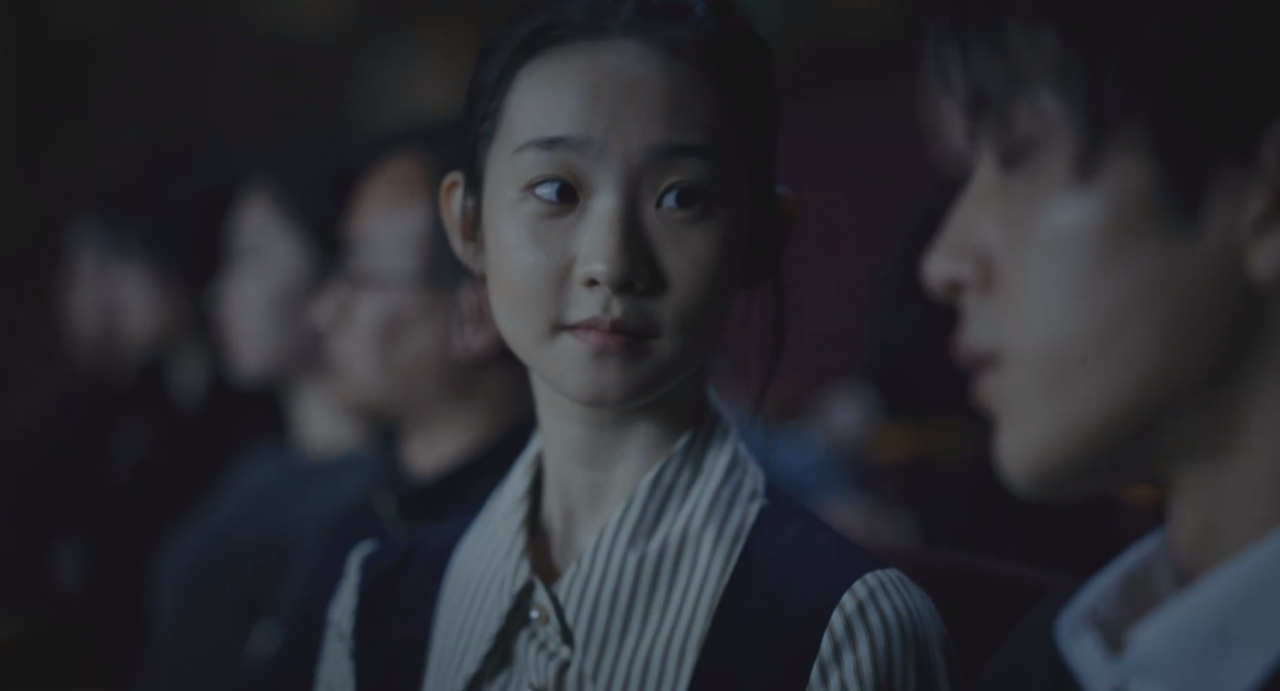
Zhang Xuan (played by Zhang Yifan)
The premise for Fei Ke's scam to be successful was that he forged the identity of a top local prestigious university, using this as a fulcrum to leverage countless resources and create one scam after another.
The first six episodes basically revolve around Fico's scam. The audience is shocked by Fico's time management and his clever tricks of taking advantage of information asymmetry, and are also fascinated by the complex aspects of human nature such as desire, fraud, self-realization and moral degradation as shown by "Ripley", which rarely appears in domestic dramas.
The character of Ripley is based on the famous novel The Talented Mr. Ripley by Patricia Highsmith, an American female writer. Ripley is a talented American youth from a poor family. He has the ability to imitate other people's handwriting and voices, and is good at disguise and weaving lies. He longs to escape from his ordinary life and pursue a higher social status and wealth. After killing the son of a wealthy man, Ripley steals his identity and lifestyle.
Ripley is one of the most classic characters in 20th century crime novels. His essence lies in the deep entanglement of forged identity, stolen identity, identity recognition and class issues, which has a profound impact on subsequent literary and artistic creation. The classic movie "The Talented Mr. Ripley" and this year's high-scoring drama "Ripley" are both interpretations of the novel. In the Korean drama "Anna", Anna is a female version of "Ripley".
The first six episodes of "The New Life", including the ninth episode, give us a glimpse of the aftertaste of "Ripley" - it is always wonderful that a domestic drama takes a liar as the protagonist and describes in such detail how he carefully constructs lies to improve his social status.
The four people's accusations against Fei Ke are just their "one-sided statements". The big reversal in episode 7 makes the series transition to the "Rashomon" segment.
Akira Kurosawa adapted Ryunosuke Akutagawa's short story "In a Bamboo Grove" into the famous "Rashomon" in film history, making "Rashomon" a proper noun to refer to a situation where the same event, due to different narrators' own motives, personalities and moral values, makes the truth confusing, fully demonstrating the darkness and complexity of human nature.
When we talk about an incident involving ourselves, especially a negative incident, we tend to choose a statement that is favorable to ourselves. There is a deep-rooted self-protection mechanism in human nature. In order to reduce and avoid the responsibilities and consequences of our own actions, or to maintain our image and status in the social structure, when faced with the choice between truth and interests, personal interests take precedence over objectivity and fairness. We will consciously or unconsciously filter information, strengthen the parts that support our own views, and ignore or weaken unfavorable information.
The dead can't speak. When they thought Fei Ke was dead, they threw all the dirty water on Fei Ke. But Fei Ke was not dead, so the reversal in episode 7 completely overturned the "truth" they told.
It was not that Fei Ke tried very hard to get close to Chen Shufa, on the contrary, Chen Shufa tried very hard to use the political resources of Fei Ke's father to expand his own career. His daughter had no feelings for Fei Ke at all, but Chen Shufa still wanted to bind the relationship through marriage, even if it was at the expense of his daughter's happiness. His daughter's death in a car accident was also directly related to Chen Shufa.

Chen Shufa insisted that his daughter marry Fei Ke
It was Cheng Hao who took the initiative to approach Fei Ke, and it was Cheng Hao who wanted to use Fei Ke's identity to conduct illegal insider trading to gain benefits.

Cheng Hao instigated illegal insider trading
Su Qian is married. She "depended" on Fei Ke in search of emotional stimulation and fell into his trap.
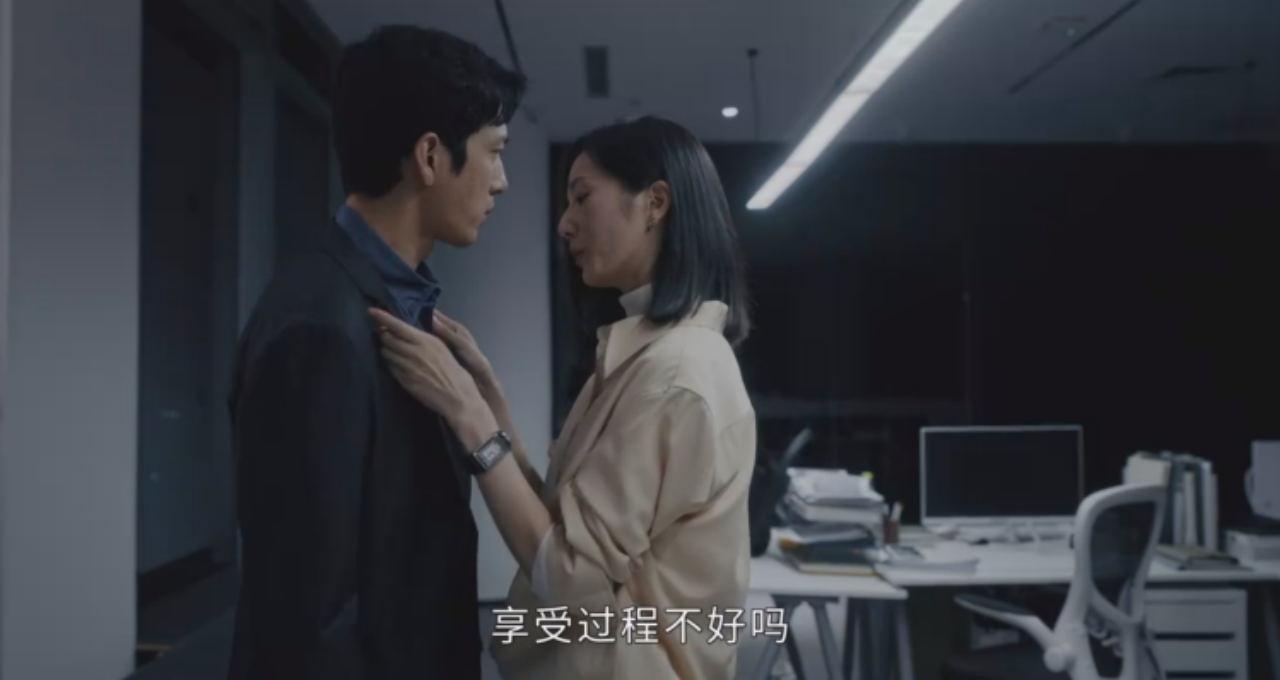
Su Qian betrayed her husband for excitement
It was Zhang Xuan who took the initiative to exchange her innocence for benefits, and it was she who abandoned Fei Ke.

Zhang Xuan had plastic surgery out of vanity
They reinforced Fei Ke's pessimistic view of human nature. Their greed for money, fame, sex or love drove them to ignore the risks and fall into the scams that Fei Ke carefully set for them. Fei Ke cleverly exploited the weaknesses in human nature, combined with the leverage effect of resources and information asymmetry, and successfully carried out fraud.
The plot of the first 7 episodes in the first week basically follows the novel and is well done. Starting from the 8th episode, the plot becomes dominated by the original plot and has little to do with the novel.
Episode 8 presents Fike's original family, trying to "confirm" Fike's deception to a specific social reason - it was because his original family was too broken and Fike's experience was too miserable that he "helplessly" went astray. Many viewers sympathized with Fike after watching this episode, and the plot almost changed from "Fike deceived everyone" to "everyone deceived Fike", which almost deconstructed the narrative charm of "Ripley".

To be honest, Jing Boran's scene of eating someone else's leftover steak in the restaurant is pretty good.
Although the original family is an important angle of discussion, if a suspense drama wants to truly show the complexity and depth of human nature, it needs to go beyond this single dimension - don't simply blame everything on the original family, and then pile up all kinds of extreme plots (bad dad, bad stepmother, bad brother), only then can it present a more three-dimensional and diverse social reasoning story.
This is the novel: there is no such thing as an unfaithful father or a vicious stepmother, and Fei Ke is not a genius at all. He did not get into university, and his parents are farmers and cannot afford to let him repeat his studies. He has a perverted desire for success, so he starts to deceive people by using his good looks.
Once the elements of the original family in "The New Life" were brought in, everything was filmed very "real", and this "Ripley" had a strong "Chinese flavor".
But in fact, the director has the ability to "leave blank" in the narrative. For example, at the end of episode 9, Fei Ke, who has lost everything after his identity was exposed, looks up at the sky and sees a huge plane flying by. In the first-class cabin of the plane sits a "classmate" who is the son of an official. If he makes a mistake, he can go abroad and start over. A short shot can effectively convey complex social information. This is the right approach.

The class gap can be reflected in one shot
The reason why the audience is so attracted to "The New Life" is related to the other half of the story. In fact, in "Fekko's Dinner Party", "Ripley" and "Rashomon" are only the surface of the story. The deeper level of the story lies in: What is He Shan's position in Fekko's scam? What is He Shan's underlying human nature?
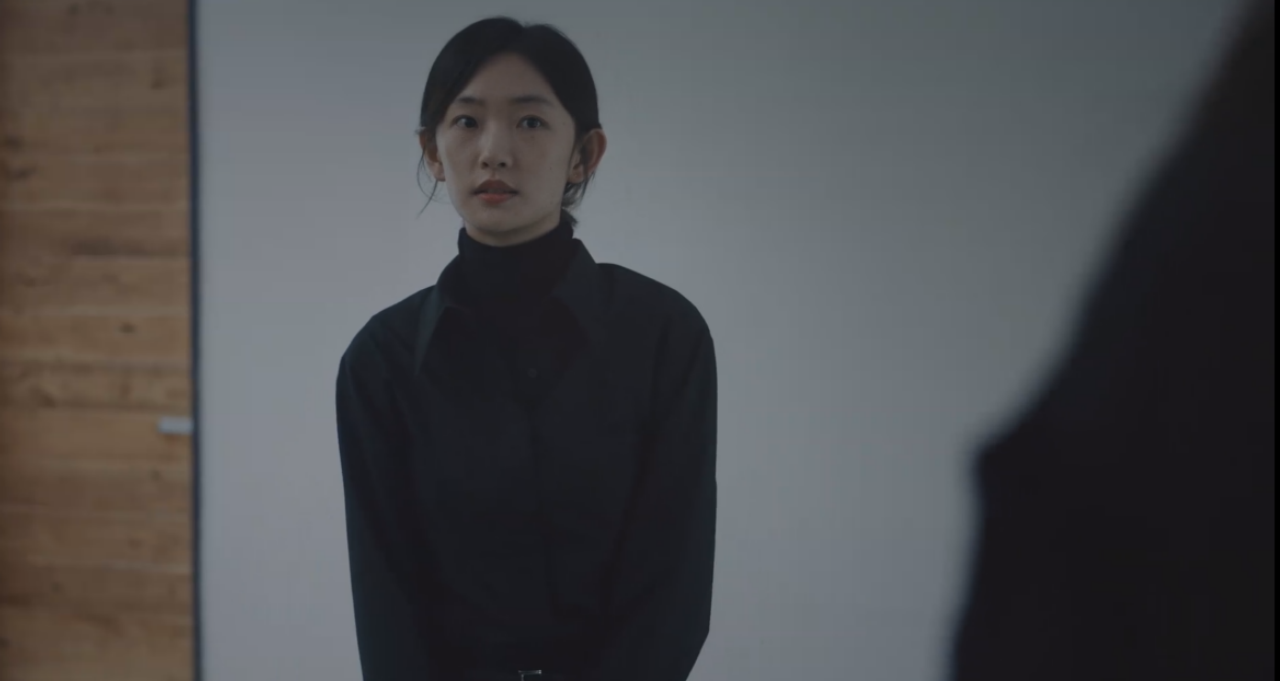
He Shan in the novel, He Shan in the play (played by Zhou Yiran)
In the novel, He Shan, as Fei Ke's old classmate and a financial reporter, has always been a bystander of Fei Ke's fraud experience. However, He Shan has always remained silent about Fei Ke's fraud, and even helped him cover up when he was exposed, so that he could get through the difficulties. In the words of the novel, "Fei Ke's success today is also created by her. She is the hero behind the scenes and the genius who directs all the good plays."
Why did He Shan remain silent about Fei Ke’s evil deeds?
Because He Shan, like Fei Ke, has a distorted desire for success. There is a passage in the novel that accurately describes He Shan's experience and mentality: "Mediocre life has enveloped her for many years. She struggled, doubted, and suffered. Sometimes she pretended to be indifferent and wanted to obey the trend of mediocrity, and sometimes she was indignant and filled her heart with vicious curses. If the dreams you had in your youth cannot be realized as soon as possible, they will eventually become a stone in your shoes, grinding you. Life does not teach you a lesson to make you grow. Life is like a stone in a shoe. It takes years to grind you down and make your heart hard."
The indignation that He Shan experienced is exactly what Fei Ke once experienced. Fei Ke chose to use the weakness of human nature to defraud, achieve class crossing, and become a wealthy person. Fei Ke is the mirror image of He Shan, and is the person that He Shan also longs to become in her heart. "In a sense, Fei Ke is like another of her, born in an ordinary life, but eventually able to break through that veil... How could she extinguish this desire and talent to be unwilling to be ordinary at the beginning - the qualities that they both have in common?"
Fei Ke saw through He Shan's true nature. Throughout the memorial service, Fei Ke had been paying silent attention to He Shan. She was not so concerned about right and wrong, who was the perpetrator and who was the victim. She was secretly happy that this was a "big news", perhaps a big news that could make her famous and even change her fate. She even lied and said that she liked Fei Ke, and because of this, she got a luxurious villa from Fei Ke.
He Shan thought that her coming here, her discovering this shocking news, and her obtaining the villa left by Fei Ke were all coincidences, accidents, and luck. Little did she know that everything was under Fei Ke's control, everything was Fei Ke's plan, and Fei Ke accurately hit He Shan's weaknesses. Fei Ke left He Shan his most essential and most valued gift - Fei Ke's spiritual legacy, making He Shan the next Fei Ke, a thorough egoist, a hypocrite and a swindler.
This is the darker part of the novel "Fekko's Dinner Party" - Fekko is the devil "Mephistopheles" in "Faust", the embodiment of evil, negation and destruction. He makes a "deal" with He Shan - He Shan sells her soul, and he promises to give her the fame, wealth and status she wants. When the deal is completed, it means that He Shan gives up the most precious part of being a human being - sincerity, compassion and moral bottom line. The greed, selfishness and desire in human nature completely prevail. This is the desperate situation of human nature.
Therefore, do not underestimate "Fekko's Dinner Party". This short popular novel combines three classic themes that reflect the darkness of human nature, and it is so natural. Writing about the darkest part of human nature is not pessimistic or negative. It is actually a profound social and moral criticism. By challenging the established moral standards and social norms, it promotes a deep reflection on the nature of human nature and social structure.
Unfortunately, "New Life" did not reach this level.
The boss behind the memorial service became Chen Shufa, Fei Ke was not "Mephistopheles", there was no "trading souls with the devil" plot, He Shan did nothing wrong, and there was almost no trace of her humanity. Even the little aftertaste of "Ripley" that Fei Ke had disappeared completely.
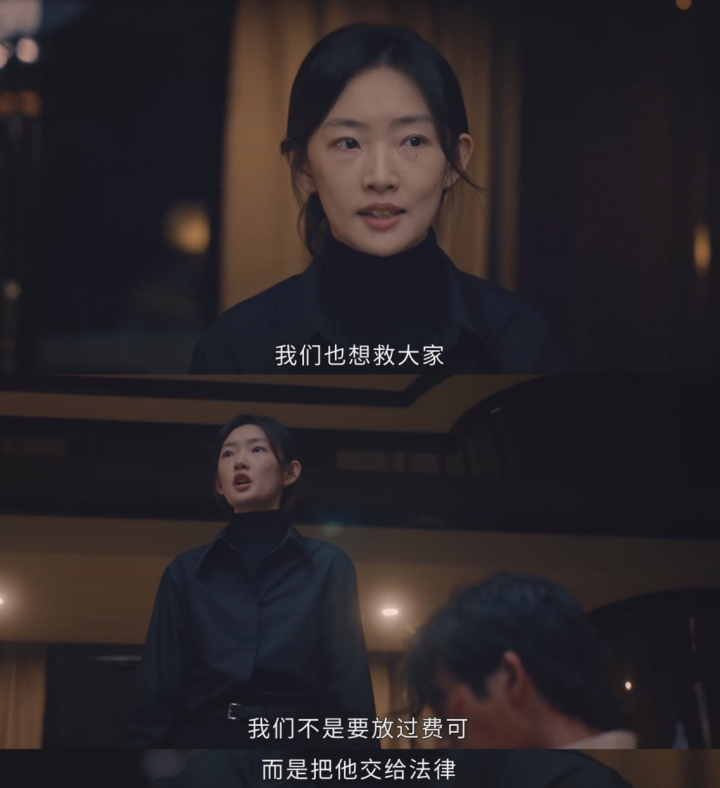
He Shan (He Shan in the novel) becomes a tool in the play
"He should be punished by law, not lynching" and "We are not going to let Fei Ke go, but to hand him over to the law." I laughed out loud when I saw this (the tone of the two actors' words made it even funnier). Such a "great and glorious" ending may be for the purpose of passing the review, but it is indeed at the expense of the complexity of human nature and the depth that the work can reach. Everything becomes so flat and boring.

Director Shen Ao's interpretation of "New Life"
Shen Ao is amazing for being able to "trick" the audience until the last episode, but I want to "scold" him even more.


